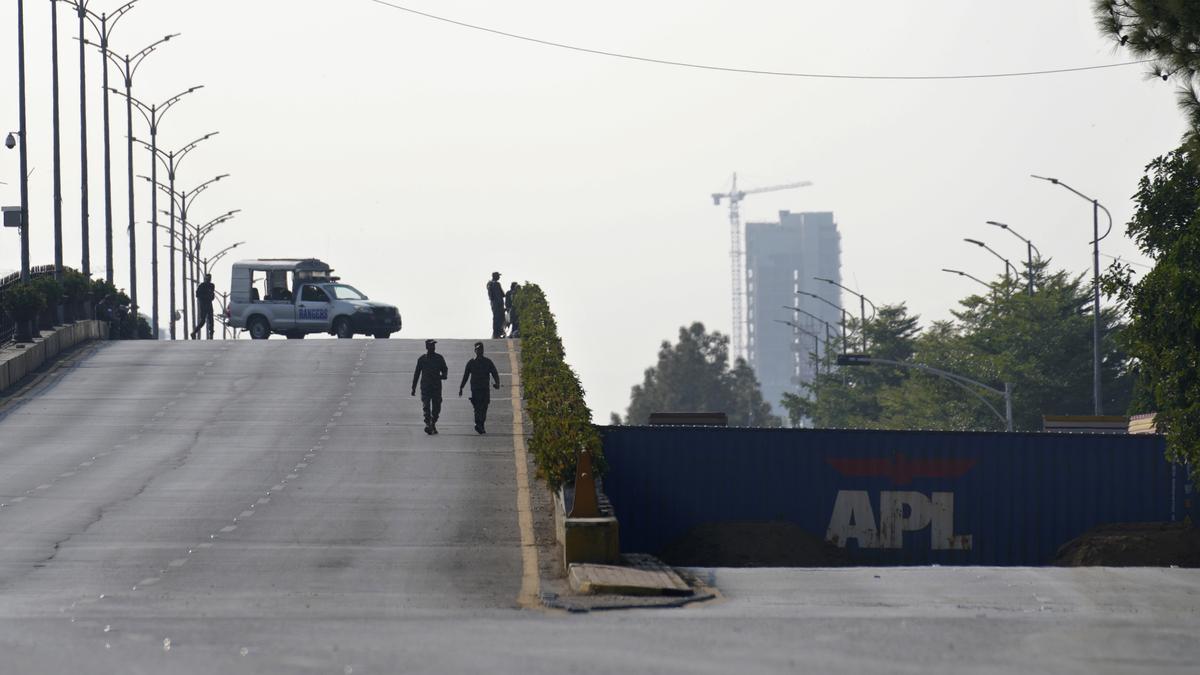Indicating further loss of jobs for Indian workers in West Asian countries, an international study on the migrant workers in Kuwait and Saudi Arabia has found that while the potential for substitution of migrants with the natives may currently exist in middle-skilled jobs, high-skilled jobs may also soon get affected as the local workforce undergoes “further upskilling”.
The study further said that the reliance on expatriate labour, particularly for low-skilled jobs, will persist unless substantial automation initiatives are implemented in the the two Gulf Cooperation Council (GCC) member countries.

Authored by Abdul. A. Erumban and Abbas Al-Mejren, faculty of Groningen Growth and Development Centre, University of Groningen, The Netherland and College of Business Administration, Kuwait University, Kuwait respectively, the study was published in an international journal “Structural Change and Economic Dynamics” recently.
Talking to The Hindu, Dr. Erumban said for countries like India, the potential substitution of middle and high-skilled migrant workers with nationals as upskilling occurs in the region presents a medium to long-term risk.
“Replacing high-skill jobs may require local investment in human capital, to improve their productivity, which may take time, but it is unrealistic to expect these opportunities to last indefinitely. Unlike Western countries facing labour shortages, the GCC still has a growing working-age population,” he said explaining the relevance of the study for countries like India that send a huge number of workers to the GCC countries.

Dr. Erumban added that the productivity difference between the local people and the migrant population may provide a buffer period before these roles are localised. “Countries like India could benefit from diversifying employment opportunities abroad and strengthening domestic job creation to prepare for potential shifts in GCC labour demand,” he said adding that India can continue investing in workforce quality for long-term benefits.
“Even in low-skill segments, where demand in the GCC may persist short-term, technology could eventually replace many of these roles, highlighting the need for proactive measures. Certain jobs, like those in construction, may remain less affected for now though,” he said
The study found that in the GCC, wages for migrant workers are significantly lower than those of native workers, but this wage gap is primarily driven by policy distortions rather than market forces.
“Our analysis reveals that there is a substantial productivity difference between migrants and nationals in Saudi Arabia and Kuwait, with migrants generally exhibiting higher productivity than the natives. This productivity advantage of migrants, when combined with their lower wage rate, contributes to a considerable unit labour cost difference between the migrants and the natives, making it challenging for firms, particularly in the private sector, to replace migrant workers with nationals,” the study noted.
Many ambitious infrastructure and construction projects pursued by these nations, the study found, may prove challenging to execute without the contribution of migrant workers. “However, drawing firm conclusions regarding worker substitutions across various skill levels is hard without assessing the substitutability between the two worker categories at these various skill levels—a task that should be addressed in future research,” it said.
Published – November 12, 2024 12:11 am IST





